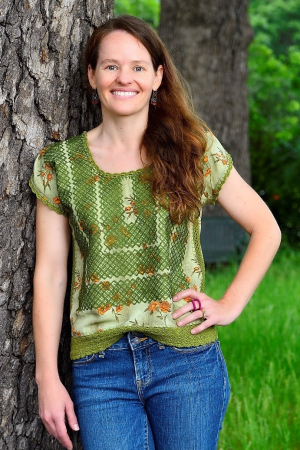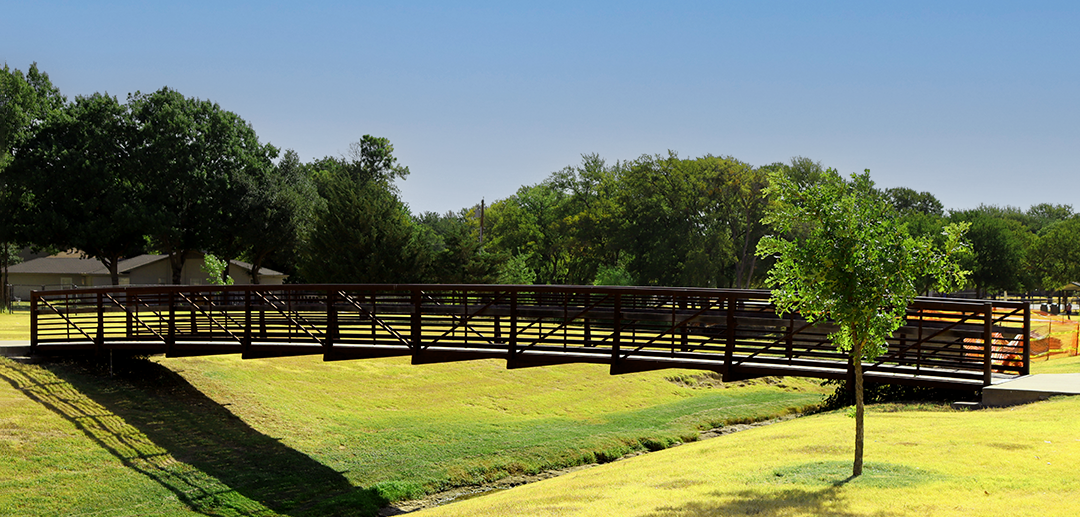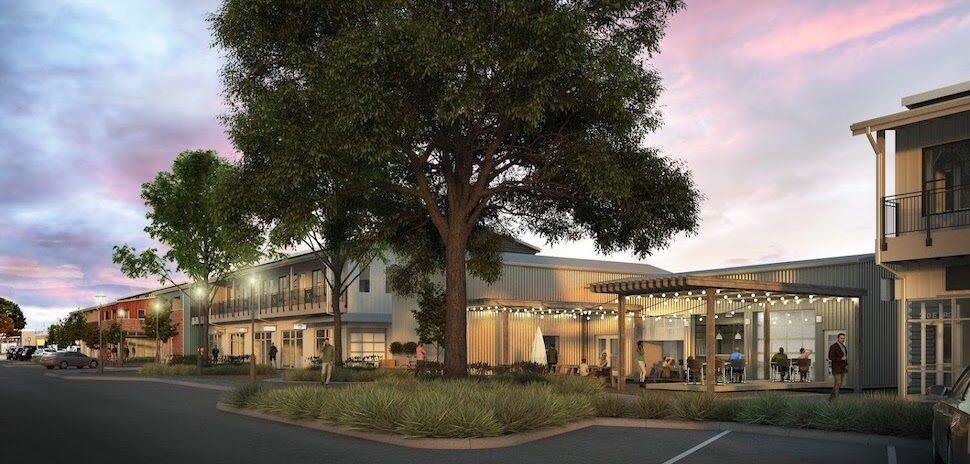University of North Texas faculty members Alexandra Ponette-González and Matthew Fry will soon launch a a five-year study—backed by a $1.5 million grant from the National Science Foundation—to explore how digital tools like i-Tree influence urban forest sustainability and equity.
Cities across the U.S. use this technology to help make decisions about our urban forests—which encompass all the trees and shrubs that exist on public and private land within each city. The UNT team will work with researchers across the U.S. to see how the technologies impact equitable access, involve local constituents in decision-making, represent people’s values and preferences, and affect the removal of air pollution.

Alexandra Ponette-González
“Theoretically, digital tools like i-Tree are designed to improve how urban forests are planned and managed,” Ponette-González said. “However, there hasn’t been a lot of research on who is using these tools, how they are being used, and what the outcomes are.”
The project will center on three metro areas: Denton; Cleveland, Ohio; and Eugene, Oregon. Samples will be taken from 100 randomly selected trees in each area every quarter. Researchers will compare the findings with i-Tree estimates of air pollution removal. Researchers also will survey nearly 30 other cities.
Ponette-González will lead an interdisciplinary team that includes UNT’s Fry and TCU’s Ashley Coles in North Texas. Other members of the team are John Van Stan, Cleveland State University; Yekang Ko and Jun Hak Lee, University of Oregon; and MiHyun Kim, Texas State University. Undergraduate and grad students from underrepresented communities will be recruited at the schools to support the research.
Researchers want to know how cities:
- facilitate equitable access to tree-based ecosystem services
- involve urban residents in decision-making processes surrounding urban forests
- represent peoples’ values and preferences for urban trees
- estimate air pollution removal
“Our goal with this work is not just to publish for the scientific community,” Ponette-González said in a UNT news post. “We will share reports with the cities, host webinars with professionals in urban forest management and create interactive displays and exhibitions for the general public that invite feedback. Ultimately, we hope our results can inform policymaking in the future so that cities can ensure their urban forest planning and management is inclusive and environmentally just.”
![]()
Get on the list.
Dallas Innovates, every day.
Sign up to keep your eye on what’s new and next in Dallas-Fort Worth, every day.


































































